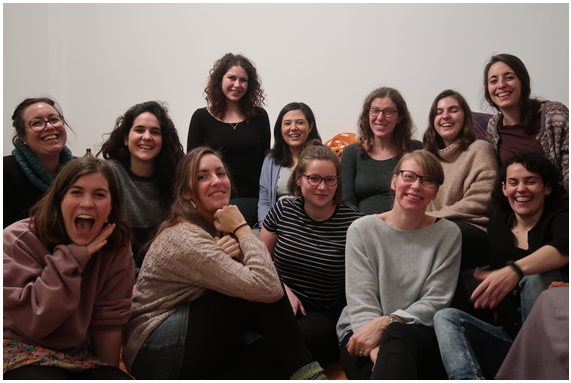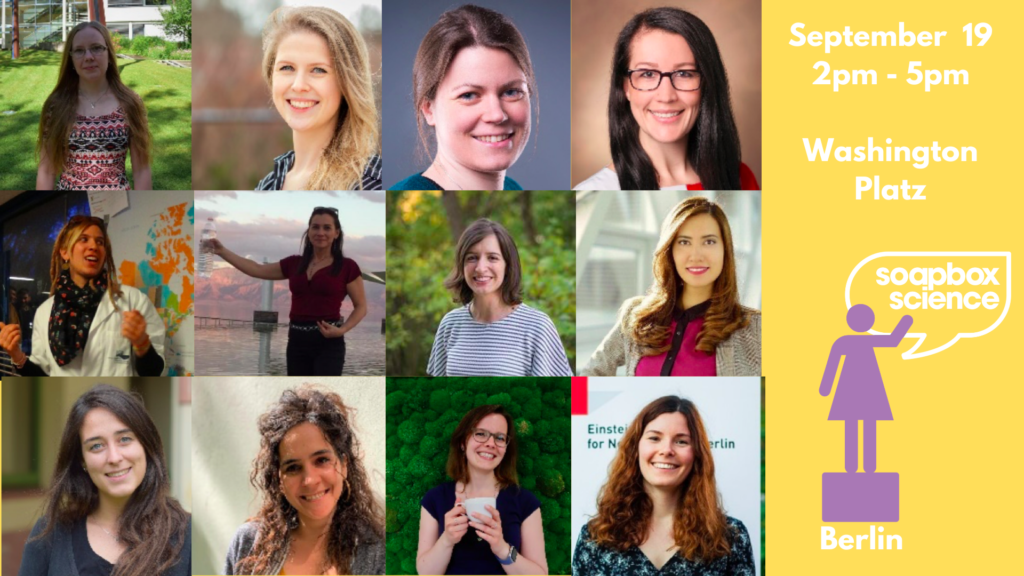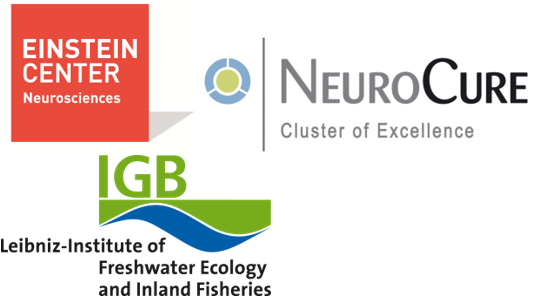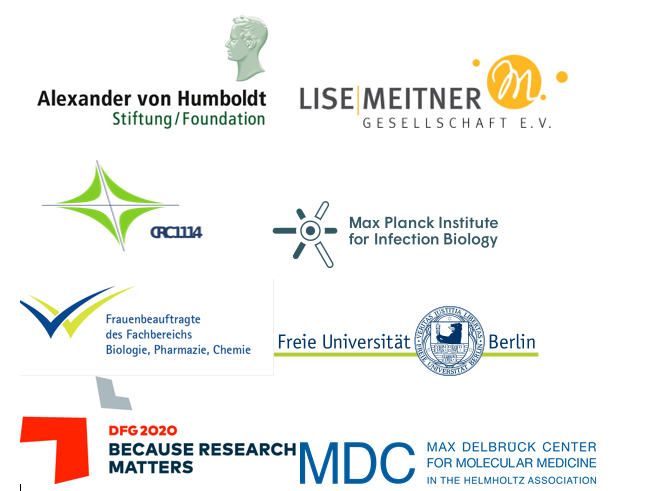On September 19 2020, 2-5pm, Washingtonplatz, Berlin Hauptbahnhof/ Berlin central station will transform into a hub of scientific learning and discussion, as some of Germany’s leading scientists stand on their soapboxes to showcase their science to the public. The event’s mission remains the same: to help eliminate gender inequality in science by raising the profile, and challenging the public’s view, of women and non-binary people in science. The event is free.
If you’d like to see more about what Soapbox science looks like, have a look at our Facebook . Our local organisers in Berlin (photo) are a team of scientists from different nationalities living in Berlin, where they study a range of topics within the life sciences.

Details of the location and timing of the event
Date: September 19 2020
Address: Washingtonplatz, Berlin Hauptbahnhoff/ Berlin central station
Time: 2pm – 5pm
Speakers
Selected from a competitive pool of researchers, our 12 speakers will be sharing their work in archeology, bioinformatics, evolutionary biology, epigenetics, immunology and social sciences.
Zandra Fagernäs (@ZandraSelina), Max Planck Institute for the Science of Human History, „Hidden ancient secrets:Unraveling our past by studying archaeological tooth tartar and faeces / Versteckte antike Geheimnisse: Aufdecken unserer Vergangenheit mit Hilfe von archäologischem Zahnstein und Fäkalien“
Julia Markowski (@markowski_julia), Berlin Institute for Medical Systems Biology, Max Delbrück Center for Molecular Medicine in the Helmholtz Association (MDC)‚ „Same DNA, different cell types – how the 3D organization of the DNA in the cells influences the development of a human being / Ein Bauplan für alle Teile eines komplexen Wesens – wie die räumliche Organisation der DNA die Entstehung eines Mensch beeinflusst“
Dr. Mathilde Cordellier (@m_cordellier), Institute of Zoology, Universität Hamburg, „How are lake zombies helping understand evolution? / Wie uns Seen-Zombies dabei helfen Evolution zu verstehen?“
Dr. Rachel Lippert (@RachelLippert), Junior Research Group Leader, German Institute for Human Nutrition/Deutsches Institut für Ernährungswissenschaft, „Did I Get it From My Mama? How what our mothers ate during pregnancy could explain how we act now / Hab ich das von meiner Mutter? Wie die Ernährung unserer Mütter während der Schwangerschaft erklären könnte wie wir heute handeln“
Inga Patarcic (@Ingische),Berlin Institute for Medical Systems Biology, Max Delbrück Center for Molecular Medicine in the Helmholtz Association (MDC), “Become your own genome hacker: Open your DNA / Selber das Genom hacken: Entschlüssele Deine DNA“
Dr. Mina Bizic (@Minabizic), Leibniz Institute of Freshwater Ecology and Inland Fisherie, “Blue-green algae make 50% of the oxygen we breathe – but what do they do in secret? / Blaualgen produzieren 50% des Sauerstoffs, den wir atmen – aber was machen sie im Geheimen?“
Dr. Nieves Lopez Salas (@nieves_ls), Group Leader at the Max Planck Institute of Colloids and Interfaces. “Carbon an old new friend! / Kohlenstoff – ein alter neuer Freund!“
Shadi Bagherzadeh Azbari (@Shadi_ Azbari), Humboldt University of Berlin, Department of Psychology, “When eyes create the contact! (The Untold Truth of Eye Contact in Social Interaction) / Wenn Augen Kontakt knüpfen: Die (unausgesprochene) Wahrheit über Augenkontakt beim sozialen Interagieren“
Ana Garcia-Hernandez (@GarciaHdezAna),NOVA SBE and Researcher at Berlin Social Science Center, “Wheels of Change: how a bicycle transformed girl’s lives in rural Zambia / Die Räder des Wandels: Wie ein Fahrrad das Leben eines Mädchens im ländlichen Zambia veränderte“
Alice Di Tucci , Max Planck Institute for Gravitational Physics, “Why is the universe so simple? / Warum ist das Universum so einfach?“
Anna Taranko (@Anna_Tea30), Charité – Universitätsmedizin Berlin, „On the trace of autoimmunity / Auf den Spuren der Autoimmunität“
Melina Engelhardt (@MelinaEngelhard), Charité – Universitätsmedizin Berlin, Can we reorganize the brain to help patients? / Können wir das Gehirn umstrukturieren, um Patienten zu helfen?“

Sponsors
Founding sponsors
These founding sponsors are the reason Soapbox Science now has the opportunity to grow not only in Berlin but also throughout Germany. Without their support and belief in this cause, we could not reach so far. We couldn’t run our event without the generous logistical and financial support of sponsors.

Additional sponsors
We are extremely thankful for the support of all our sponsors and very excited that this network continues growing every year. Without their help this event would not be possible.

